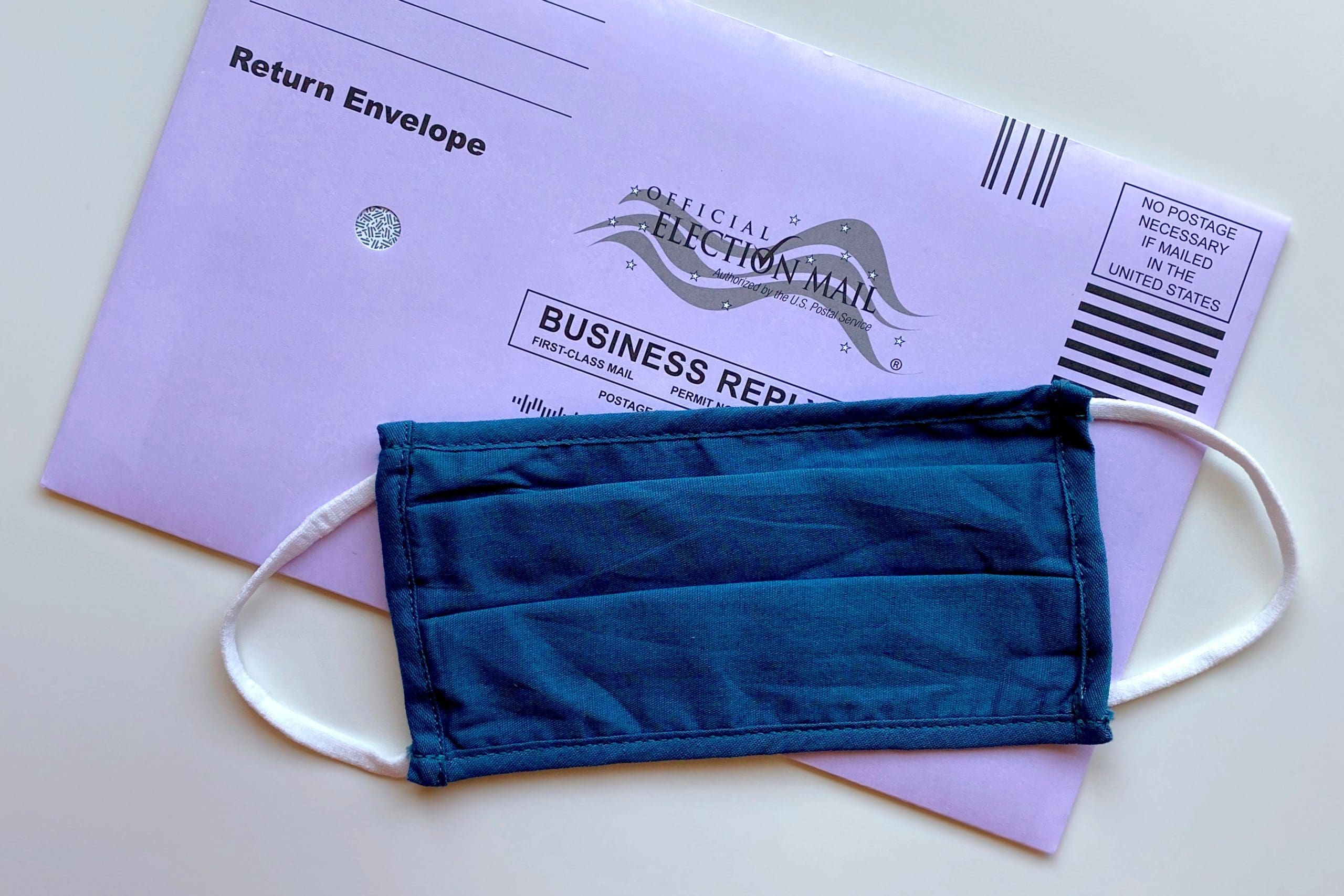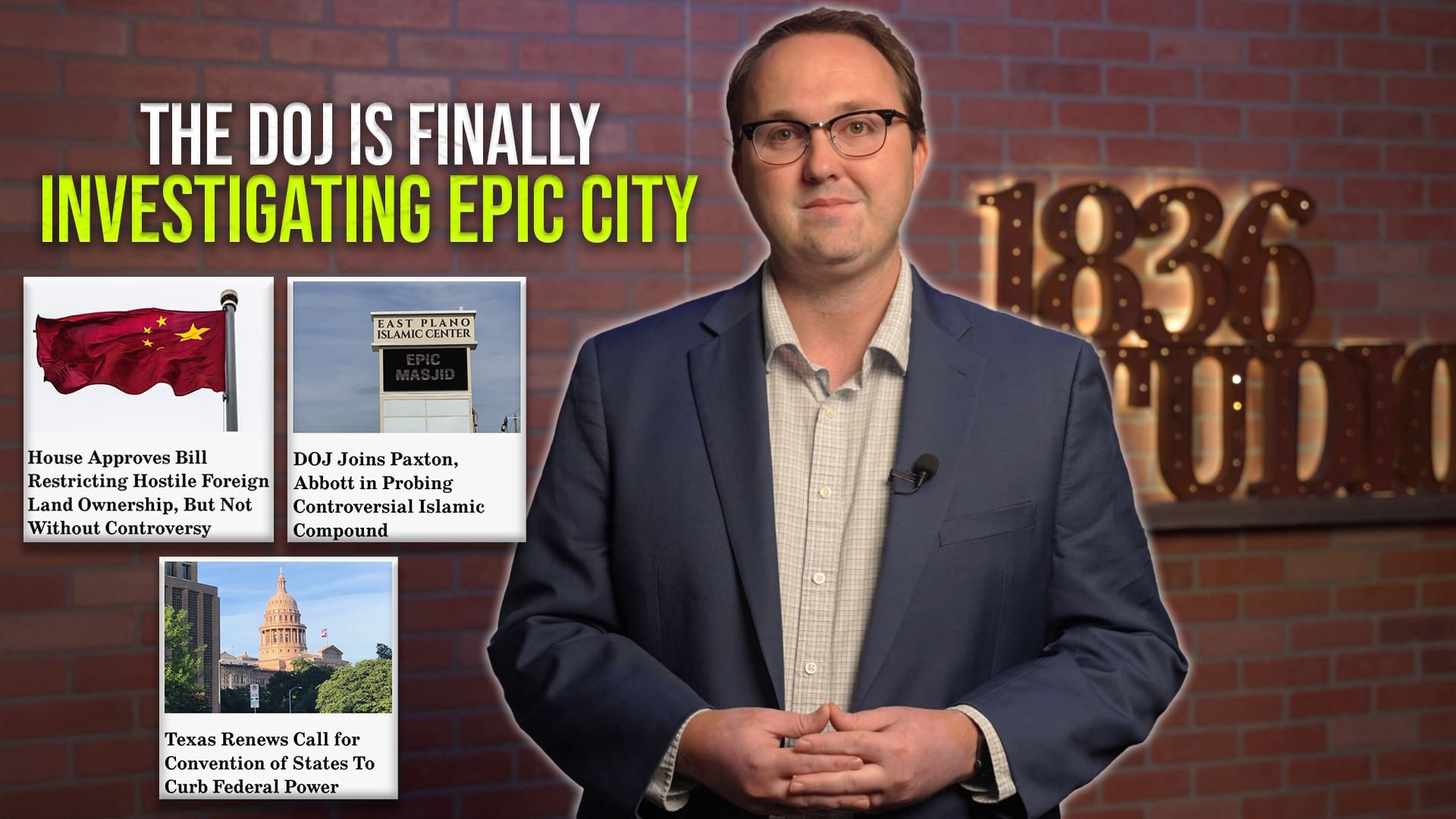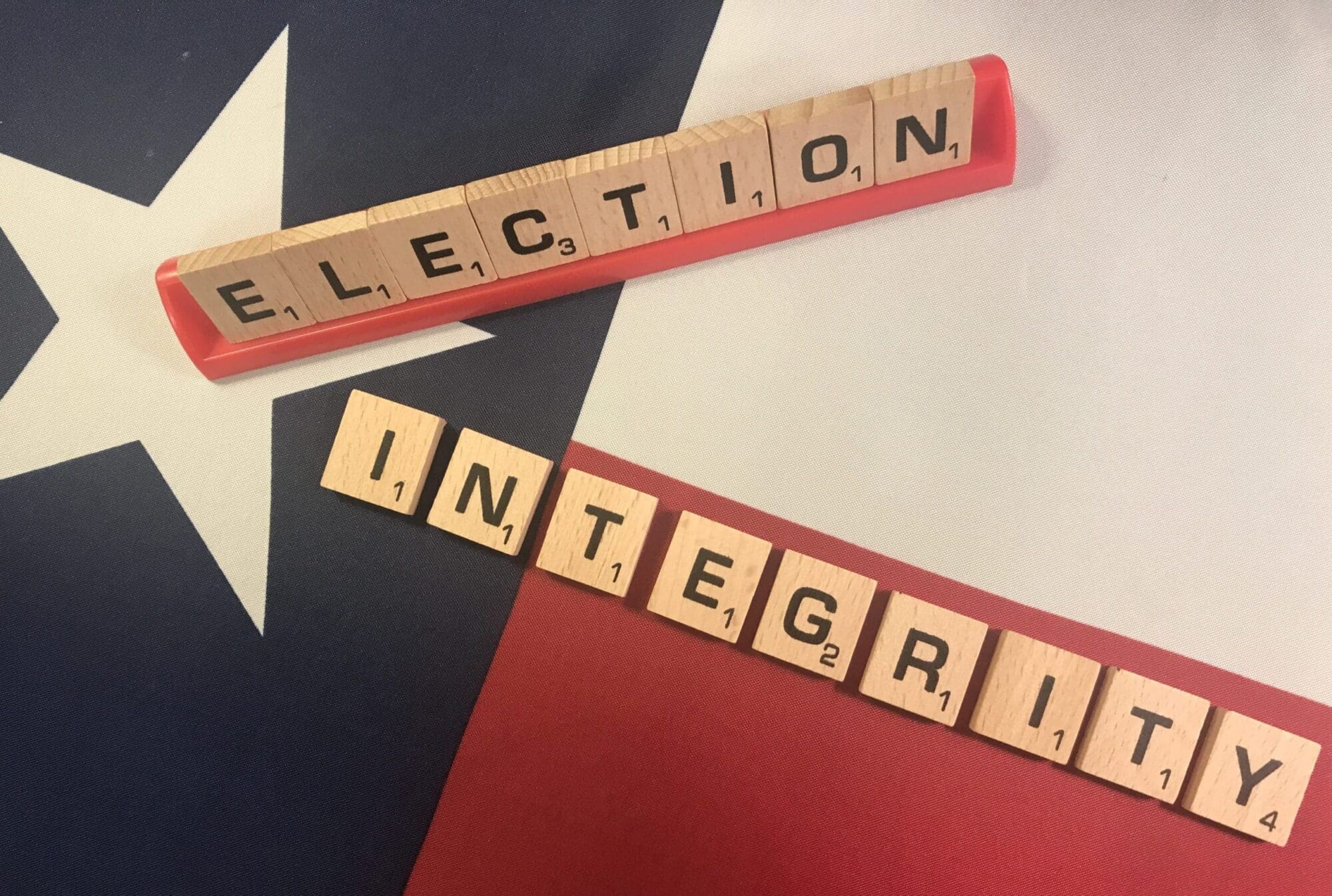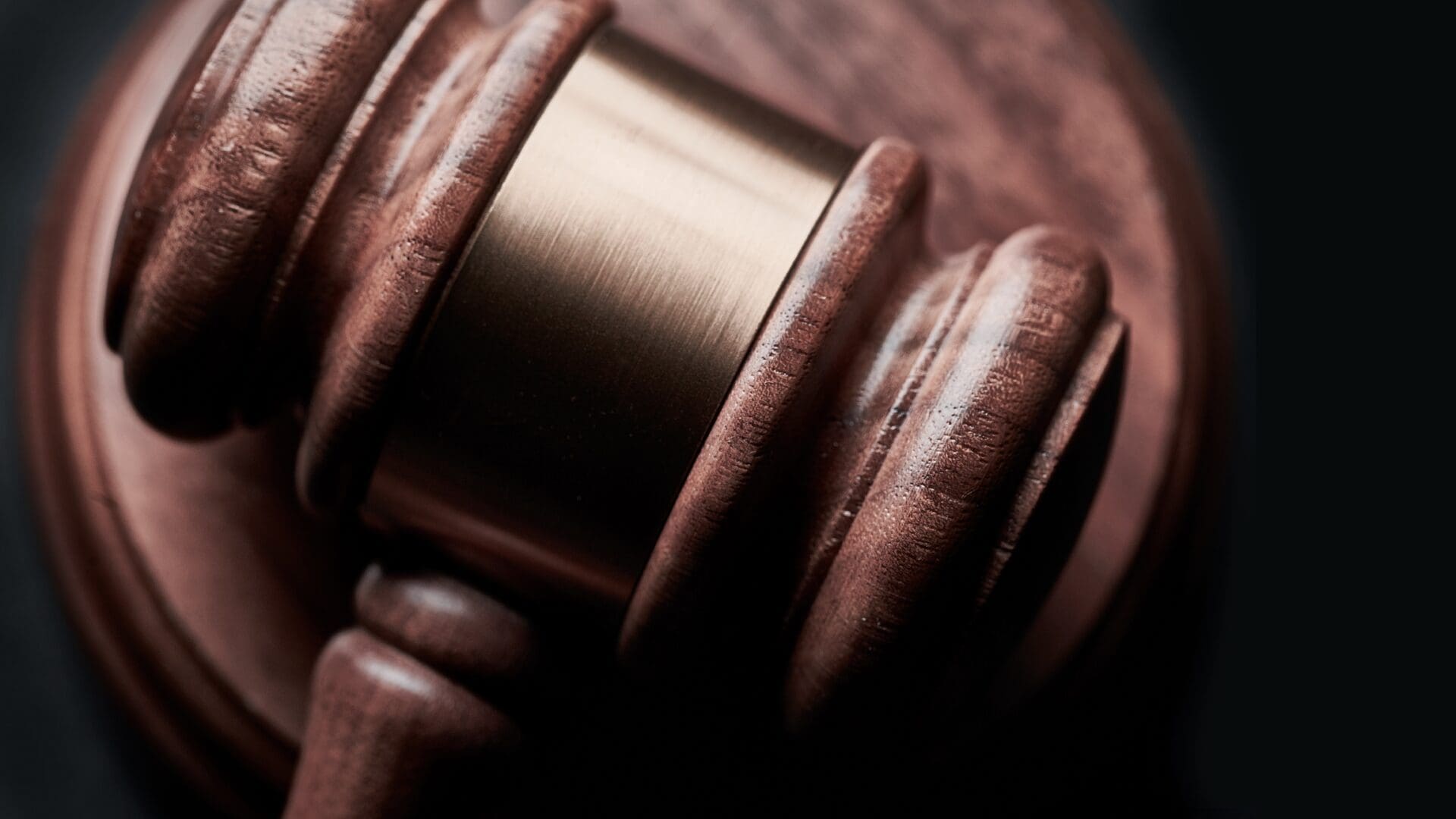As chairman of the U.S. Federal Election Commission, I’ve read with growing concern the recent number of stories concerning “vote-by-mail” for this November’s general election. Having practiced election law for almost two decades, served as the general counsel for the Texas secretary of state, been involved in statewide recounts in Florida, Michigan, and Texas, and litigated numerous election contests, including one before the Texas House of Representatives, I can unequivocally state that the best way to make sure your vote counts in this election is to vote in person.
Make no mistake, if the 2020 election continues beyond Election Day into litigation to determine a winner, the primary focus of all the parties will initially be the elimination of mail-in ballots that do not meet the numerous statutory requirements to be counted. Mail-in ballots are the low-hanging fruit in an election contest and the easiest way to put the true outcome of an election in question and thereby allow the courts to determine the winner. This situation is easily remedied by Americans simply showing up at the polls and voting in person.
Real-life examples from congressional primaries in the past few months forecast the many failings of mail-in voting. Note that mail-in voting is different from legitimate absentee and military/overseas voting, although recent reports show that even those votes are subject to mistreatment and potential loss.
On the surface, “vote-by-mail” sounds like a quick and easy way for every registered voter to participate in our democracy. In reality, it opens the U.S. to fraudulent elections on a massive scale that will probably result in invalid results, contested elections, and delays lasting weeks, if not months.
For example, New York State’s congressional primary was held on June 23. One congressional district did not have an official winner until August 4, and several competitive races took almost a month to finally settle. The delay in results is entirely the result of mail-in ballots. Similar problems have occurred this year in Wisconsin, Nevada, Pennsylvania, Kentucky, Maryland, and Georgia. Nationally, more than 500,000 mail ballots were rejected during this year’s primary season alone.
In recent decades, legislatures and courts have made voting easy, particularly early voting. Now, there is an election season culminating in an “Election Day.” Mail-in balloting means that fewer results are verifiable. An all or mostly “vote-by-mail” election, as we’ve repeatedly witnessed, turns almost every Election Day into a lengthy and chaotic mess. For example, voting by mail without requiring a signature that matches the original registration card means there is no proof that the correct ballot was sent to the voter.
Perhaps most troubling of all, Pennsylvania’s secretary of the commonwealth, Kathy Boockvar (appointed by Governor Tom Wolf), has astonishingly prohibited county clerks from verifying future absentee-ballot signatures by matching them to their voter-registration card, thus creating an unverifiable election in a state that is critical to deciding the presidential election.
Furthermore, if a voter has moved recently (10 percent of the population moves every year), he may be able to vote more than once — at his old address and also the new one. That could result in as many as 14 million people who vote twice this November, with the expected turnout exceeding 140 million voters.
In addition to real-time election fiascos that have occurred already this year, we have seen numerous examples of active voter fraud taking place in multiple states. A Philadelphia election judge and former U.S. congressman, for instance, has been charged for stuffing ballot boxes on behalf of three candidates. In New Jersey, four men have been charged with voter fraud and ballot theft by the state’s attorney general. Also, in New Jersey, 2,300 ballots were disqualified after it was revealed that the signatures on the ballots did not match the signatures on the registration cards.
In West Virginia, a postal carrier pled guilty to changing the political affiliation on multiple ballots. A family in Atlanta received a voter-registration form addressed to their cat, which had died twelve years earlier. Just last week, nine mailed-in military ballots in Pennsylvania were found tossed into a garbage can because the voters did not have control of their own ballot from the time they filled it out to its delivery point.
The latest scandal involves a police investigation in Minnesota into the question of whether Representative Ilhan Omar’s campaign is paying hundreds of dollars to individuals to illegally “harvest” mail-in ballots by fraudulently collecting more than the three ballots allowed per collector under Minnesota law.
Once a mail-in ballot leaves the voter’s hands, the chance for fraud and criminal behavior increases. And, with pre-paid postage (meaning there’s no date stamp on the envelope), who will prevent cheaters from printing and mailing ballots after Election Day?
There is a simple way to encourage legal absentee-ballot voting, which is a model effectively used in Colorado and Oregon, and, in the case of the latter state, since the 2000 election. Simply require all absentee ballots to be turned in to their local registrar on or before Election Day. This eliminates the chance of ballot fraud by limiting the number of people who touch each ballot from the time the voter receives it to the time it is tabulated. Furthermore, it most certainly eliminates ballot counting that lasts for weeks and months, and it gives candidates and voters same-day certainty of the results. Currently, 19 states allow post-election ballot reception for this year’s general election.
Election and ballot integrity should be the priority of every civil servant involved in monitoring and implementing free and fair elections. As chairman of the Federal Election Commission, I take this seriously, even though it falls outside the jurisdiction of the agency to enforce.
Waiting weeks or months to learn the outcome of our elections is an embarrassment. Turning a blind eye to behaviors that knowingly lead to, and in some cases encourage, fraud is a dereliction of duty. Every citizen should resolve to mitigate this problem and commit to voting in person if possible.
This article first appeared in National Review.
No ads. No paywalls. No government grants. No corporate masters.
Just real news for real Texans.
Support Texas Scorecard to keep it that way!





